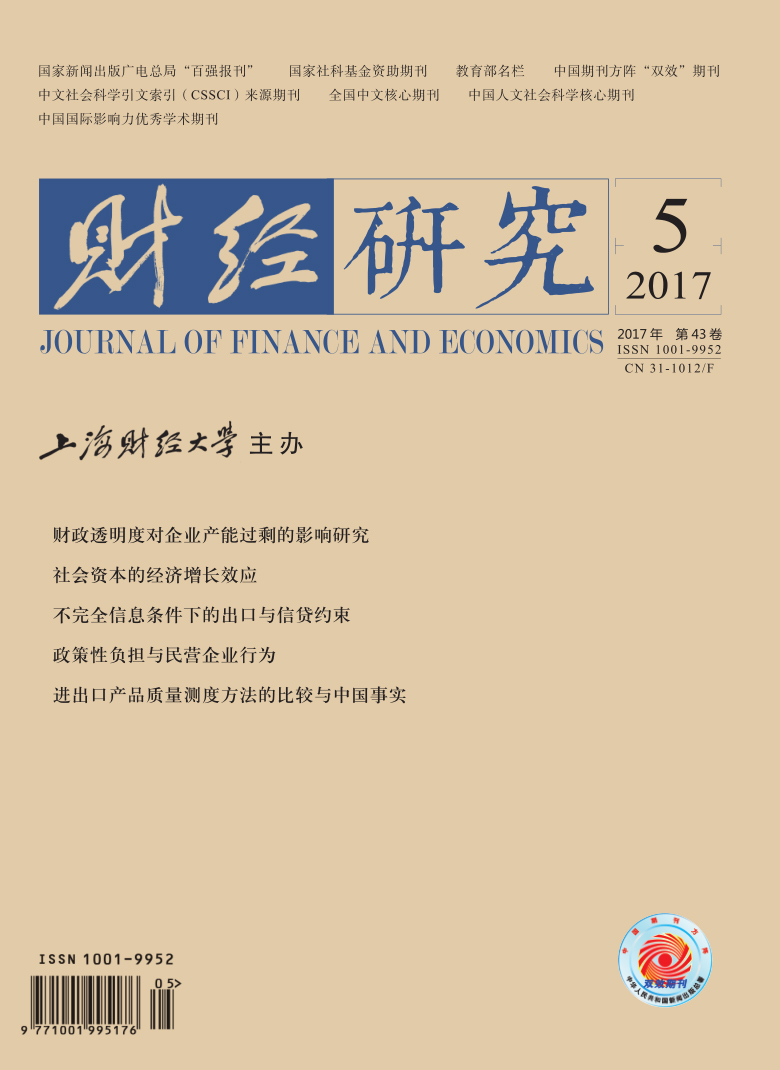This paper incorporates fiscal transparency of local governments into analytical system of enterprise micro behavior, and empirically tests two mechanisms of the effect of fiscal transparency on enterprise excess capacity, namely subjective and passive investment bias formation mechanisms, according to statistical information like a study of fiscal transparency of China's municipal governments in 2012 and the World Bank survey of Chinese enterprises in 2012. It comes to the results as follows: firstly, the increase in fiscal transparency results in the rise in enterprises' rational expectations of government behavior, the reduction in uncertainty judgment of external business environment, and the inhibition on low capacity utilization and excess capacity resulting from enterprise subjective investment bias; secondly, the increase in fiscal transparency leads to the rise in costs of government intervention on land factor market, then reduces enterprise passive investment bias resulting from government intervention on land factor market, and increases capacity utilization.
 / Journals / Journal of Finance and Economics
/ Journals / Journal of Finance and EconomicsJournal of Finance and Economics
LiuYuanchun, Editor-in-Chief
ZhengChunrong, Vice Executive Editor-in-Chief
YaoLan BaoXiaohua HuangJun, Vice Editor-in-Chief
The Influence of Fiscal Transparency on Enterprise Excess Capacity:From the Perspective of Subjective and Passive Investment Bias
Journal of Finance and Economics Vol. 43, Issue 05, pp. 4 - 17 (2017) DOI:10.16538/j.cnki.jfe.2017.05.001
Abstract
References
Abstract
Cite this article
Deng Shulian, Zhu Ying. The Influence of Fiscal Transparency on Enterprise Excess Capacity:From the Perspective of Subjective and Passive Investment Bias[J]. Journal of Finance and Economics, 2017, 43(5): 4–17.
Export Citations as:
For
Previous: No title
ISSUE COVER
RELATED ARTICLES




 9266
9266  6872
6872

